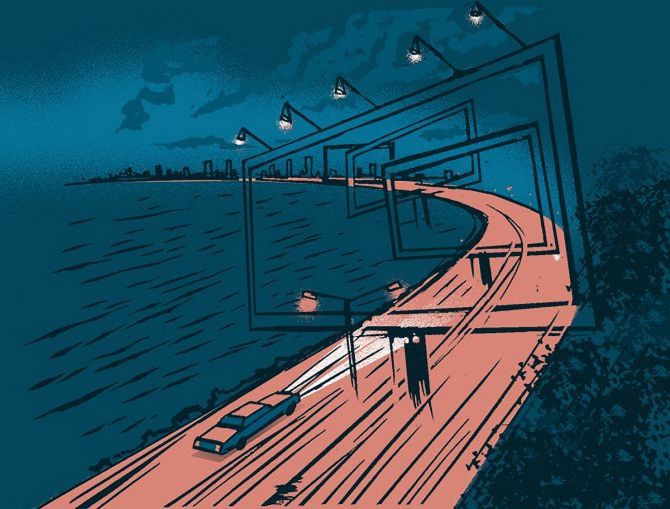 | « Back to article | Print this article |
Newly formed CCPA will now regulate false and misleading advertising and also take action to punish offenders, whether through fines, discontinuance, alteration of the ad, or even jail. ASCI as a voluntary, self-regulatory body, had no legal powers to enforce its actions.

The Advertising Standards Council of India (ASCI) is planning to push the government for a ‘co-regulating’ role against false and misleading advertisements, following the dilution of its powers under the new Consumer Protection Act 2019.
The Consumer Protection Act which was notified last month expressly says that it is the new Central Consumer Protection Authority (CCPA) that will both regulate false and misleading advertising and also take action to punish offenders, whether through fines, discontinuance, alteration of the ad, or even jail.
To achieve the goal of ‘co-regulation’, ASCI is planning to take an appointment with Nidhi Khare, the newly elected chief commissioner of the CCPA.
The ASCI used to perform precisely the functions that will now be performed by the CCPA.
The difference was that, as a voluntary, self-regulatory body, it had no legal powers to enforce its actions.
Its members come from advertising, civil society, the media, and public relations.
Yet, despite this lack of statutory powers, the ASCI has managed to be reasonably successful in acting against erring parties.
A senior ASCI member pointed out that the council has an elaborate and fair system of scrutiny to establish if advertising is false or misleading.
It also has a settlement of disputes panel, a system for fast-tracking cases, and an independent review process under a retired judge to handle cases where advertisers or complainants are not satisfied with the final decision.
“It’s a complex process and we have the technical expertise and the organisation to scrutinise complaints and decide whether action should be taken and report our decision to CCPA.
"After that, it is up to the CCPA to take it over as it has the legal powers to take whatever penal action it might choose fit.
"After all, even the CCPA is a new body and it will need technical assistance, so we can co-regulate,” said the member.
ASCI takes up complaints in two ways: one is suo motu when the council itself monitors advertising and the other is through complaints from consumers or other parties.
After scrutiny by the ASCI secretariat, the matter is referred to the two Consumer Complaints Councils which take cases twice a month.
Advertisers can also go to the dispute settlement mechanism to resolve the issue even before it goes to the Consumer Complaints Councils.
Cases are heard and action is generally taken within 30 days.
But the compliance is always voluntary.
“ASCI’s role will significantly diminish as it is a self-regulatory body with no powers to penalise, so they will not be approached by consumers anymore.
"ASCI will most likely work to spread awareness on the subject and provide assistance to the CCPA if and when it is sought,” said Trisha Mandal of Fox Mandal & Associates.
Mandal said that while the Consumer Protection Act 2019 has a provision for the central government to designate, by notification, any statutory body to exercise the powers of the central authority, there is no indication that the ASCI will be designated as such.